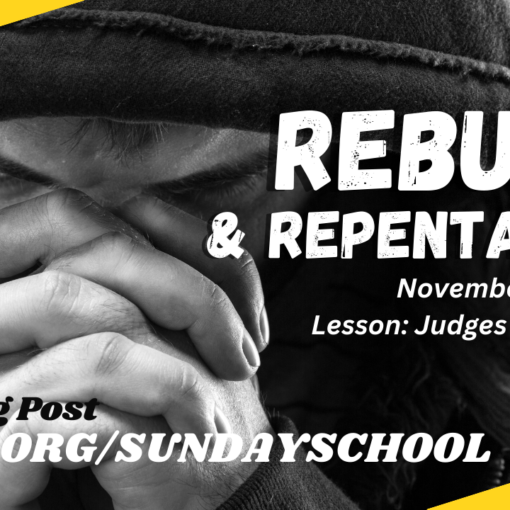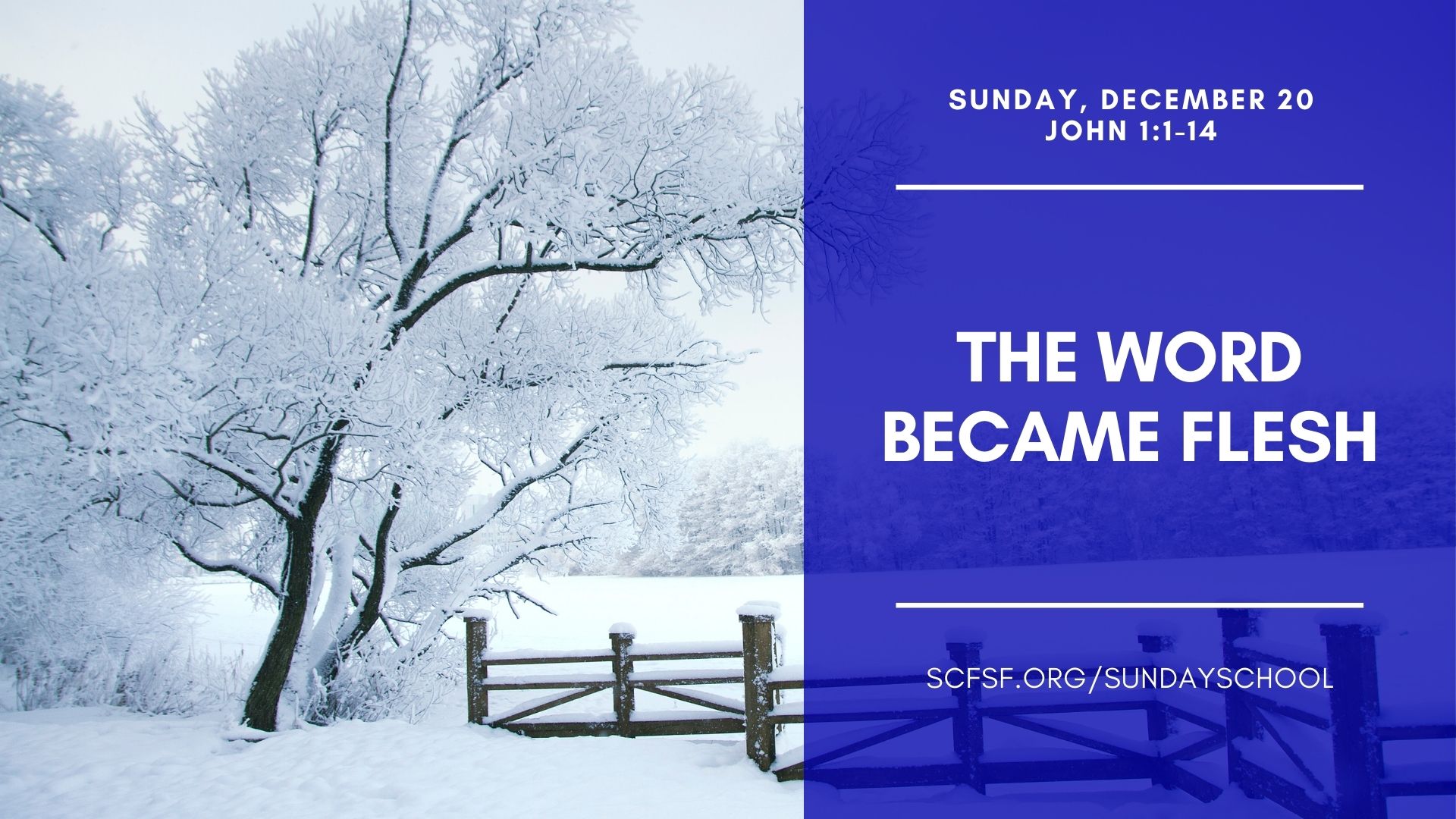Overview
By Raufu Spagnoletta
Scripture Lesson Text: Daniel 8:19-26
The angel Gabriel was sent to Daniel to interpret the vision he had seen (vss. 3-12). “Behold, I will make you know what shall be in the last end of the indignation: for at the time appointed the end shall be” (vs. 19). Daniel was told the two-horned ram, are the kings of Medo-Persia and Greece. The rough goat is the king of Greece: and the “great horn” between the eyes is the first king of Greece (Alexander). The first king of Greece would be broken off and followed by four kingdoms, but none with power comparable to him.
In the latter time of their kingdom, when their sin is at its height, a king of fierce countenance, persuasive and a master of deception shall arise. His power shall be great and he shall work great havoc among nations and upon a holy people. He shall challenge even the Prince of Princes, but he will be broken and not by human hands. Gabriel reassured Daniel the vision was true, “And the vision of the morning which was told is true: wherefore shut up the vision; for it shall be for many days” (vs. 26).
Related Scriptures
By Janice Hall
Related Scriptures: Daniel 8: 2-14; 12:1-4; Revelation 10:1-4
After Daniel’s previous vision (two years prior), this chapter explains another. He is situated in the city of Susa and sees a ram with two high horns, representing the Persians and the Medes kings. There is also a goat with a notable horn between his eyes, symbolizing the king of Greece.The goat defeats the ram, grows more powerful, forecasting the untimely death of the Greek king. The horn becomes a symbol of blasphemy, challenging the Heavenly Host, and daily sacrifices.
In Daniel 12: 1-4, these verses speak of God’s presence and liberation, becoming one of the first Old Testament texts to formulate something of a resurrection hope. Daniel is told to safeguard what he’s been told, knowing that as the end comes closer, mankind’s understand will improve. In Revelation 10: 1-4, the Apostle John reports that he saw a mighty angel descend from heaven and place his right foot on the sea and his left food on land. The angel’s stance projects his authority over both sea and land. This angel is described with a rainbow over his head, carrying the symbolism of God’s covenant.
Practical Points
By Brittenne Boykin
1) Kingdoms do not rise and fall on their own accord but are subject to God’s purposes.
It can be easy in this day and age to forget that the rise and fall of kingdoms, countries and those in power are all subject to God’s purposes. It can feel like our fate is at the whim of those who hold power in our world. We see whenever we read the paper, watch the news, or scroll our social media feeds, that the world around us and those that hold power are in a state of influx. Proverbs 19:21 reminds us that many are the plans of man but it is the Lord’s plans that prevail. God gave Daniel insight about things that were to come even giving Daniel a divine interpretation through Gabriel, and we can take heart that God reveals to His people what lies ahead.
2) Evil is given a time to strut but it will be destroyed in due course.
Gabriel’s description of the king seems ominous at best. A looming figure that would bring much heartache. The prophetic word in these set of passages comes to encourage us to take heart in the face of looming occurrences that can seem beyond our control. The passages remind us that God will defeat evil and have the final say. No matter how large and powerful kingdoms may seem, Gabriel reminds us that God is still in control and He breaks the hand of the wicked in due season.




